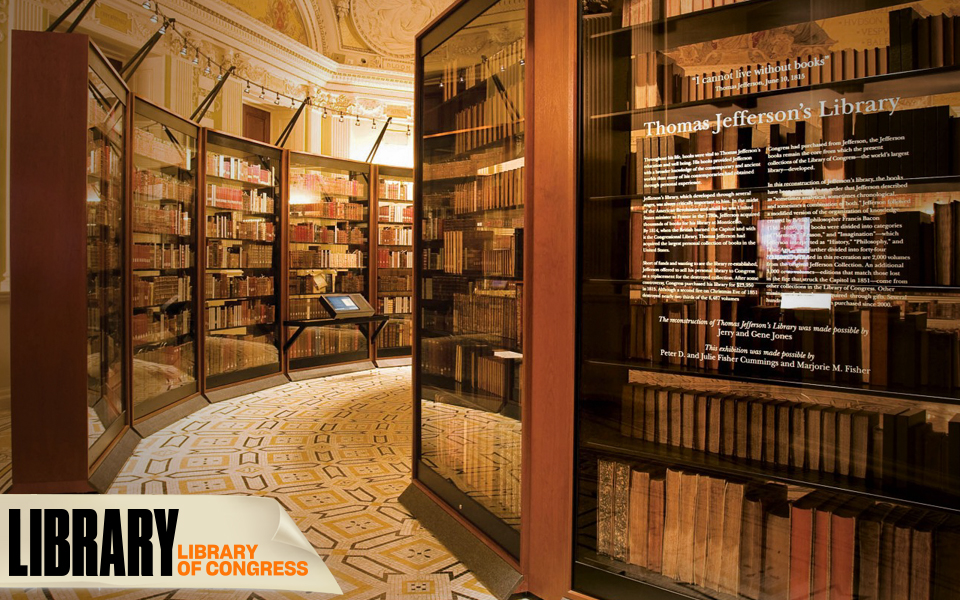Over the course of human history which goes back to centuries BC, many libraries were established for the sole purpose of supporting rulers, governmental officials, and the religious elite. Manuscripts and libraries over the years played an important role preserving religious texts and the ruling family’s records, and supporting the activities necessary for managing empires. Later, their scope expanded to support scientific studies, and other intellectual and cultural activities for rising civilizations.
Since the development of the written language, and as saving information and transmitting it over time and space became possible, first by using clay tablets, followed by papyrus, and ending with paper and books, thousands of libraries have been established and have contributed to accelerating urbanization and the progress of modern knowledge and culture through reading, writing, and documenting the intellectual and cultural human production.
Speaking of libraries and their role in supporting decision makers and politicians brings to the mind the Library of Congress (LOC) – the oldest cultural federal institution in the USA and the research arm for the congress. Lying on 39 hectares with shelves extending to nearly 856 km, LOC is considered the world largest library. This vast area comprises millions of books, recordings, photographs, maps, and scrolls.
LOC was established on the 24th April 1800 upon a decree issued by the USA president John Adams who passed a law to move the government seat from Philadelphia to Washington (the new capital then). $5,000 was then allocated to be capital for the library which remained at the Congress until it was burnt down by British soldiers in 1814. Afterwards, the retiring president Thomas Jefferson offered his 6487-book personal library to make up for the destruction that befell LOC. In 1815, the Congress accepted Jefferson’s donation and disbursed him $23,950 as compensation. Then, the establishment of the national library was announced.
Today, LOC is an unparalleled international resource. It comprises 160 million various materials, including 38 million books and other print materials in 450 languages, in addition to over 60 million manuscripts, and 12.5 million CDs, making it the world largest house for legal materials, maps, movies, and musical works. It also holds 650 movies from Hollywood classics and other documentaries that date back to the beginnings of American cinema. LOC represents the American national register of documentaries. There is no more room for new items, thus, unclassified books and recordings are kept in buildings in Maryland and Virginia.
At the beginning, the primary mission of LOC was helping congress members carry out their constitutional duties and promote knowledge and innovation in the best interest of the American people. This went on until early November 1897, when the library was opened to the public to become the first public library for all Americans, and the first public library of such a big size. The library receives thousands of researchers and over two million visitors annually, and its staff amounts to 3138 employees. As per an 1870 act, LOC is responsible for issuing filing numbers for all new books in the USA and Canada.
The headquarters of LOC was moved many times until it settled in Washington D.C. in the Congress headquarters at Capitol Hill, where it was housed in three interconnected buildings: Thomas Jefferson Building (3rd president), inaugurated in 1897, known as the main building, and built in a Renaissance style; John Adams Building (2nd president), inaugurated in 1938; and James Madison Memorial Building, inaugurated in 1981.
In 2009, LOC launched the World Digital Library project to preserve over 60,000 old and rare books. It is distinguished for its high quality digital material that reflects the cultural heritage of all UNESCO member states.
The Digital LOC comprises over 2000 Arabic manuscripts of high scientific and historical value. It holds the first translation of the Qur’an into English, rare ancient Arabic scrolls, artistic paintings of the Holy Mosques, the Holy Raudah, and AlAqsa Mosque. This digital library works in partnership with libraries and cultural institutions from all over the world, aiming at reinforcing understanding among countries and cultures, expanding the cultural content available online in terms of quantity and quality, and providing educational workers, researchers, and the public with materials.







